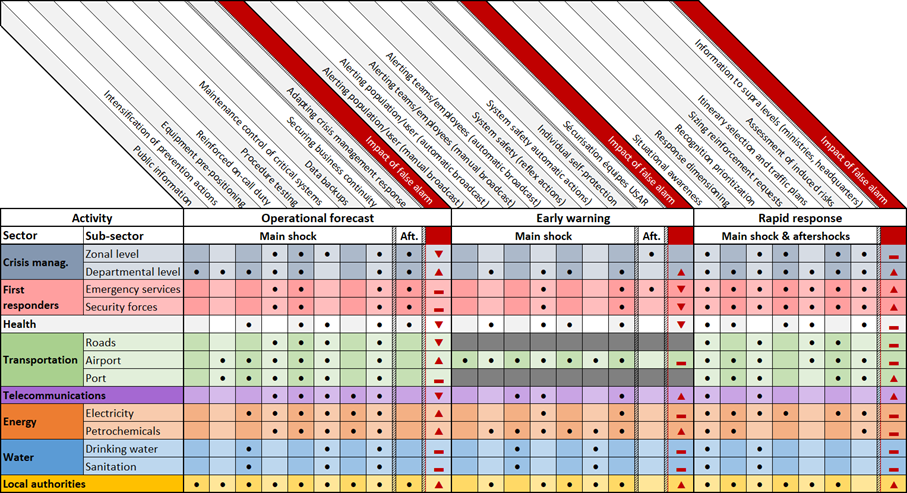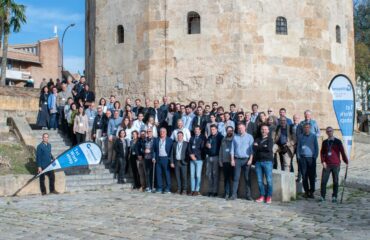
In response to seismic risk, particularly in the vulnerable French West Indies, researchers Samuel Auclair, Aude Nachbaur, Pierre Gehl, Yoann Legendre, and Benoit Vittecoq from BRGM (French Geological Survey) collaborated with local stakeholders from Martinique (Caribbean) to assess the relevance and feasibility of implementing three advanced earthquake alert systems. Their study evaluated three main types of solutions: Operational Earthquake Forecasting (OEF) for probabilistic forecasts, Earthquake Early Warning (EEW) for imminent tremor alerts, and Rapid Response to Earthquakes (RRE) to assess post-quake impacts. This approach aligns with the goals of the GOBEYOND project, focusing on enhancing disaster resilience and supporting user-centered alert systems across multiple contexts.
The research applied a user-centered, multi-step methodology involving online surveys, targeted interviews, and workshops with key stakeholders in Martinique. The study revealed that while OEF could improve risk awareness, its effectiveness is hindered by public skepticism and challenges in communicating probabilistic forecasts. EEW was particularly valued for its ability to trigger immediate protective measures, but stakeholders noted that brief warning times could limit its impact. The RRE system was widely recognized as crucial for immediate post-earthquake assessments, aiding in prioritizing emergency responses.
Key findings highlighted the need for an “informational continuum” integrating these systems to provide cohesive support across pre-, during-, and post-earthquake phases. Stakeholders emphasized that false alarms and inadequate communication could erode trust, underscoring the importance of involving end-users in designing alert dissemination methods.
Overall, this research supports the GOBEYOND mission by providing actionable insights for implementing effective, user-centered seismic alert systems in the French West Indies and similar regions globally.
You can read the article at https://doi.org/10.1016/j.ijdrr.2024.104932.






